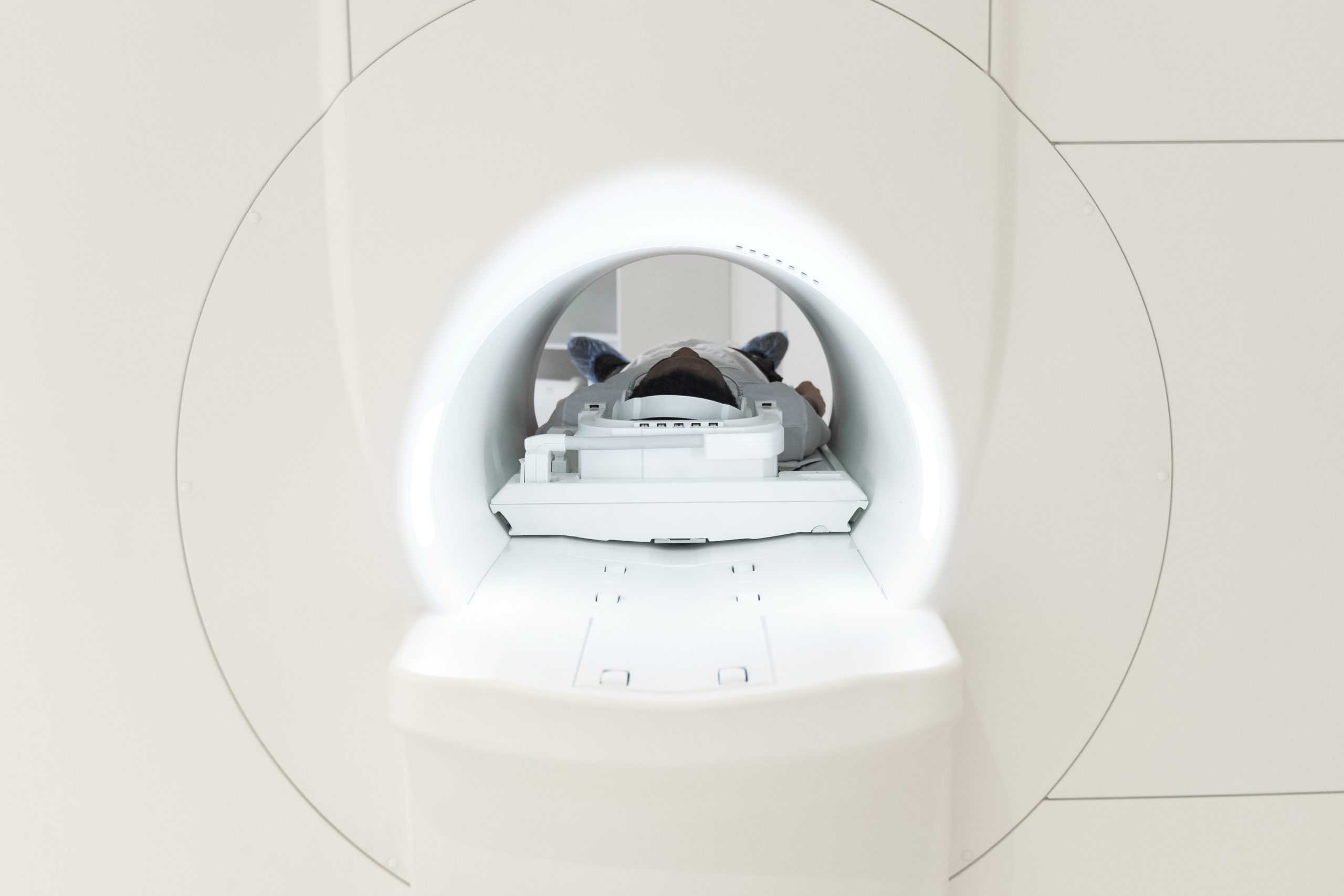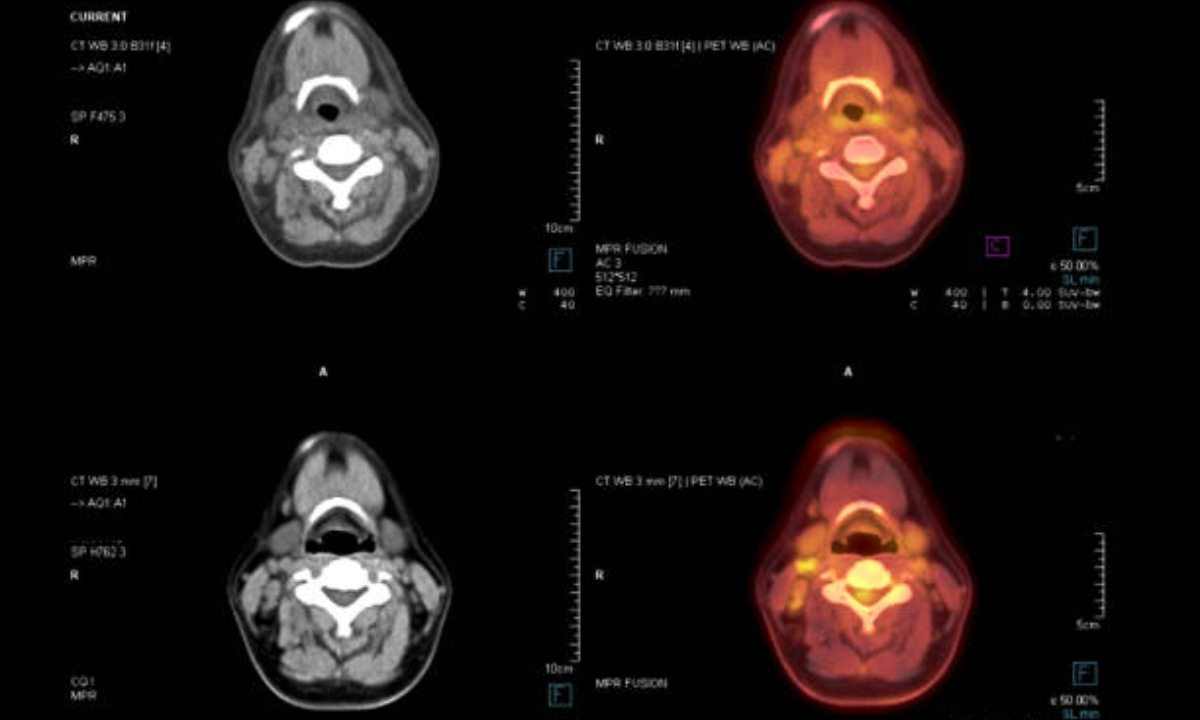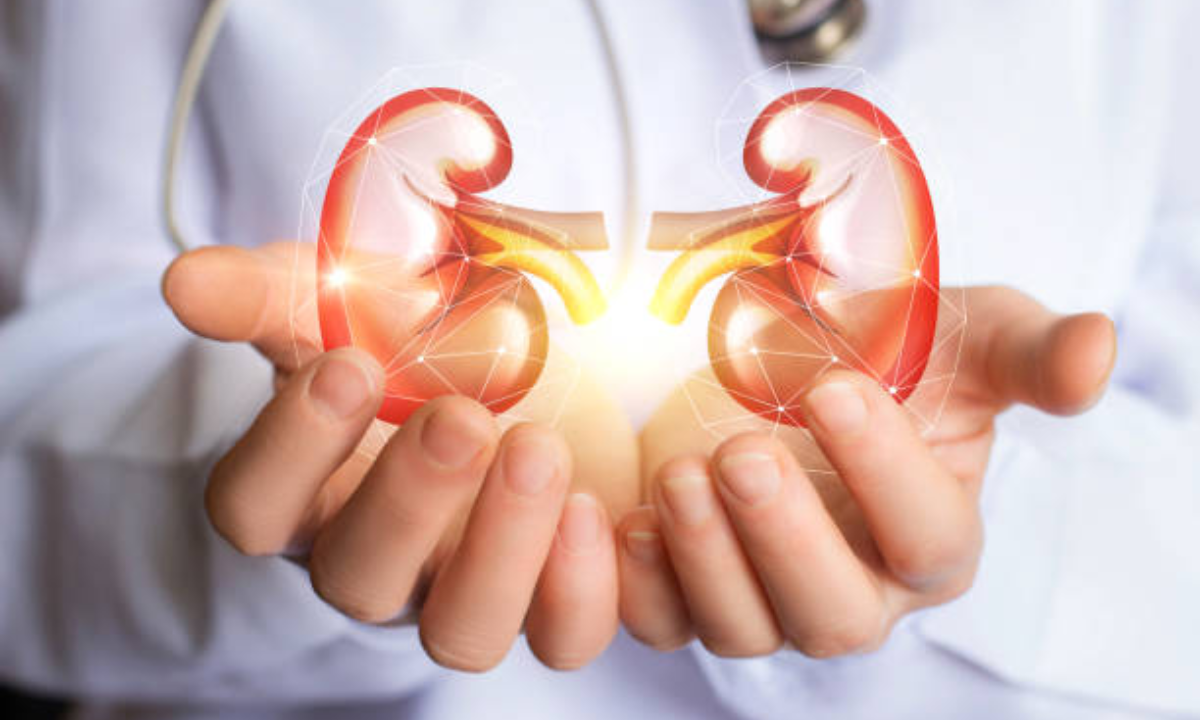Introduction
SPECT Scan in Bangalore is recognized as one of the best hospitals in India. It provides care and treatment to people with cancer and other diseases. The SPECT scan is a type of medical imaging that can be used to diagnose and treat a variety of conditions. It is performed by injecting a radioactive substance into the patient’s bloodstream.

A scanner then detects the gamma rays emitted from the substance and creates an image of the organ. This scan detects blocked arteries, brain tumors, heart diseases and other medical conditions.
What sets it apart from other imaging methods?
We can see the size and position of the internal organs thanks to the most popular imaging techniques. One can also see the target organ’s active function during a SPECT scan. One can observe the heart’s blood flow pattern, for instance. Through SPECT, we can also detect which area of the brain is being used right now. A radioisotope that emits gamma first needs to be injected into your body.
The SPECT Scan is a lot more sophisticated compared to Magnetic Resonance Imaging (MRI) because it can detect live movement. The inner organ’s intricate structure can be seen in MRI scans, but blood flow and functional aspects are not visible. Therefore, 3-D scans are used in both MRI and SPECT examinations.
SPECT scans are used to diagnose and treat a variety of conditions, including:
1) Cardiac arrhythmias
2) Heart muscle disease
3) Cerebral ischemia
4) Stroke
5) Brain tumors
Cardiac arrhythmias:
Heart arrhythmia is a term that indicates an erratic heartbeat. (uh-RITH-me-uh). When the electrical signals control how often the heartbeats are coordinated improperly, heart rhythm issues (heart arrhythmias) result. The heart beats excessively quickly (tachycardia), too slowly (bradycardia), or irregularly as a result of poor signaling.
Heart muscle disease:
Cardiomyopathy is a condition that affects the heart muscle and makes it more difficult for the heart to pump blood to the body’s other organs. Heart failure can be caused by cardiomyopathy. The three primary types of cardiomyopathy are dilated, hypertrophic, and restrictive cardiomyopathies.
Cerebral ischemia:
Untreated cerebral ischemia can lead to cerebral infarctions or global hypoxic-ischemic encephalopathy, which can be fatal or leave a person permanently disabled.
Stroke:
Cerebrovascular disease is a stroke. This indicates that it impacts the blood arteries that carry oxygen to the brain. Damage could begin if the brain does not get enough oxygen. This is a medical emergency. Although many strokes are curable, some can lead to disability or death.
Brain tumors:
A group of aberrant brain cells make up a brain tumor. Your brain is housed inside of a stiff skull. Any growth in such a constrained area can be problematic. Malignant (cancerous) or noncancerous brain tumors are also possible. The pressure inside your skull may rise as cancerous tumors enlarge. The possibility of brain damage from this is fatal.
Conclusion
The kind of follow-up you might require after your SPECT Scan in Bangalore will depend on what, if anything, was found by the test. Ask your doctor whether more diagnostic procedures, follow-up care, or appointments are necessary for light of the results. The testing procedure can be a little nerve-wracking. Make sure your healthcare practitioner spends time talking about your worries or fears to put you at rest. This will significantly contribute to making you feel more at ease.






